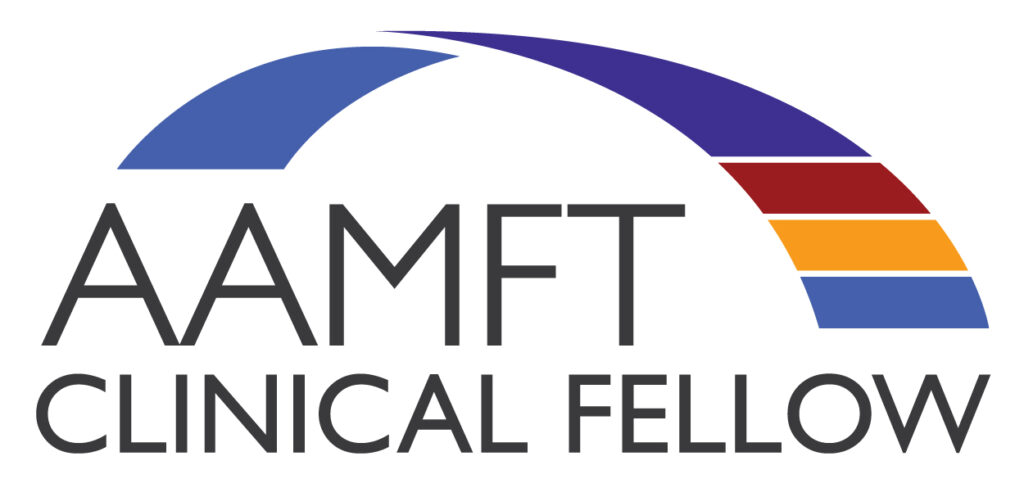Mental health issues are, in a word, complicated. While our culture tends to want to break humans apart into neat and ordered components (mind here, digestive system here, muscles there) in fact you are a multifaceted, WHOLE person. You cannot simply put your mind, brain, and body in separate boxes to treat and expect to come out fully healthy and well. Excellent mental health care therefore requires an approach that goes beyond simply treating symptoms. Instead, an integrative approach to treatment considers you as a whole person, including your physical, emotional, and social needs. By combining conventional and complementary therapies, an integrative approach provides comprehensive and individualized treatment.
Here are some key elements of an integrative approach to mental health treatment:
1. Collaborative Treatment: An integrative approach to mental health treatment involves a collaborative team of healthcare providers, including psychiatrists, therapists, primary care physicians, and other specialists, all working together to develop a comprehensive treatment plan that addresses the individual’s physical, emotional, and social needs. At Still Waters, we have counselors and a naturopathic doctor (Dr Katherine Hofmann) on staff; we’re also happy and willing to collaborate with your primary care doctor and/or other providers you’re working with.

2. Holistic Approach: An integrative approach looks at the individual as a whole, taking into account their physical health, emotional wellbeing, and social support systems. This includes addressing lifestyle factors such as exercise, diet, and sleep, as well as social factors such as relationships and support systems. Because she takes the time to understand how these factors play out in your life, initial appointments with Dr Katherine typically run anywhere from 40-60 minutes.
3. A Blend of Conventional Therapies: Conventional therapies such as talk therapy, cognitive-behavioral therapy, and medication are often the first line of treatment for mental health issues. These therapies are evidence-based and, when combined, are often more effective than any one in isolation.

4. Complementary Therapies: In addition to being able to provide medication management services, Dr Katherine is also able to provide complementary therapies including: nutritional counseling, targeted supplement recommendations, custom herbal formulations and UNDA homeopathic treatment. These treatments support not only the mind, but also ensure the body is getting what it needs.
5. Personalized Treatment: An integrative approach recognizes that every individual is unique and requires a personalized treatment plan. This involves taking into account factors such as genetics, lifestyle, and personal preferences to develop a treatment plan that is tailored to the individual’s needs. In addition to taking into account your unique lifestyle, Dr Katherine is also able to order genetic, metabolic, and hormonal testing to help you take your mental healthcare to the next level.
6. Focus on Prevention: A core tenant of naturopathic medicine is prevention. In parallel with symptom management, Dr Katherine will work with you to implement strategies and tactics to prevent future mental (and physical) health issues.
An integrative approach to mental health treatment provides a comprehensive and individualized treatment plan that addresses the root causes of mental health issues. By taking into account the whole person, including physical, emotional, and social needs, an integrative approach helps individuals achieve optimal mental health and wellbeing.
If you or someone you know is struggling with mental health issues, reach out to Dr Katherine here at Still Waters.

Leave a Reply